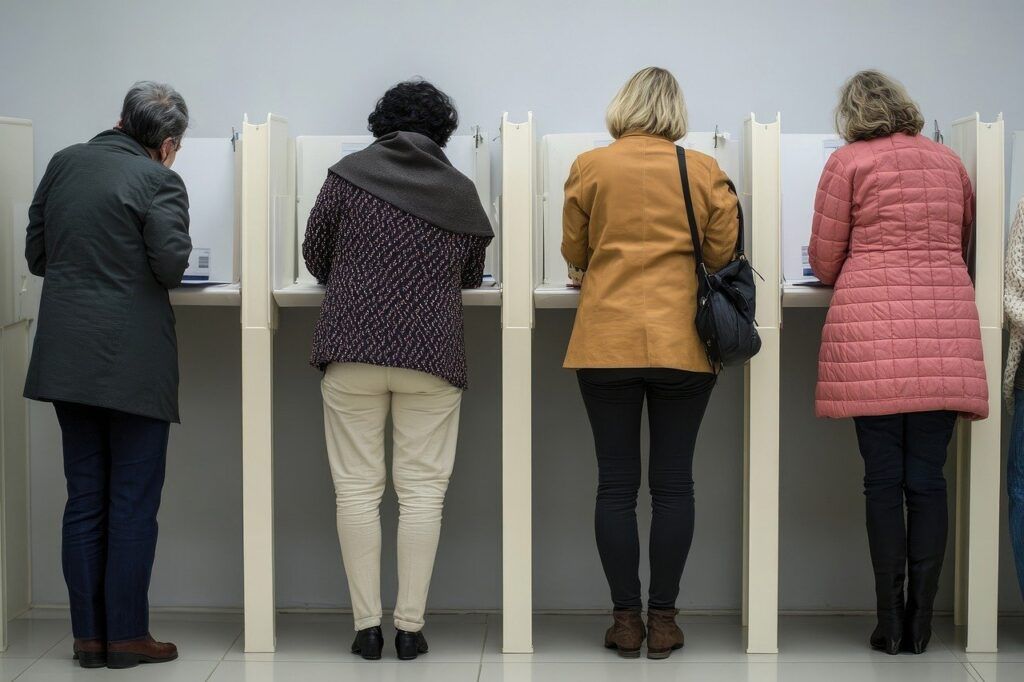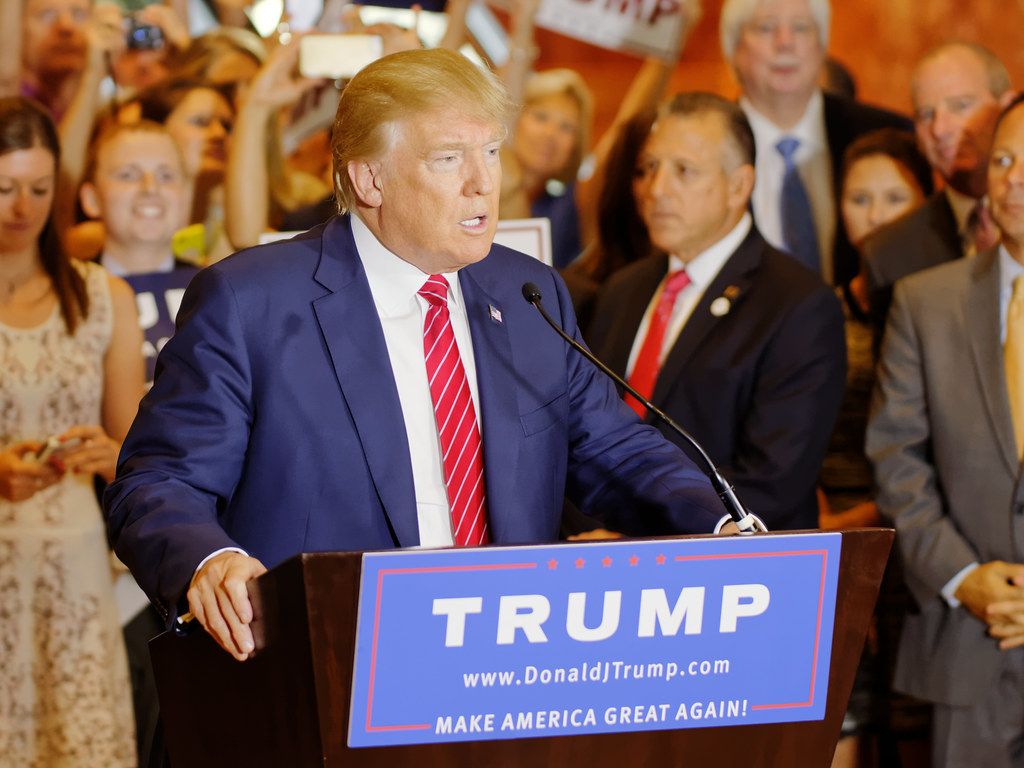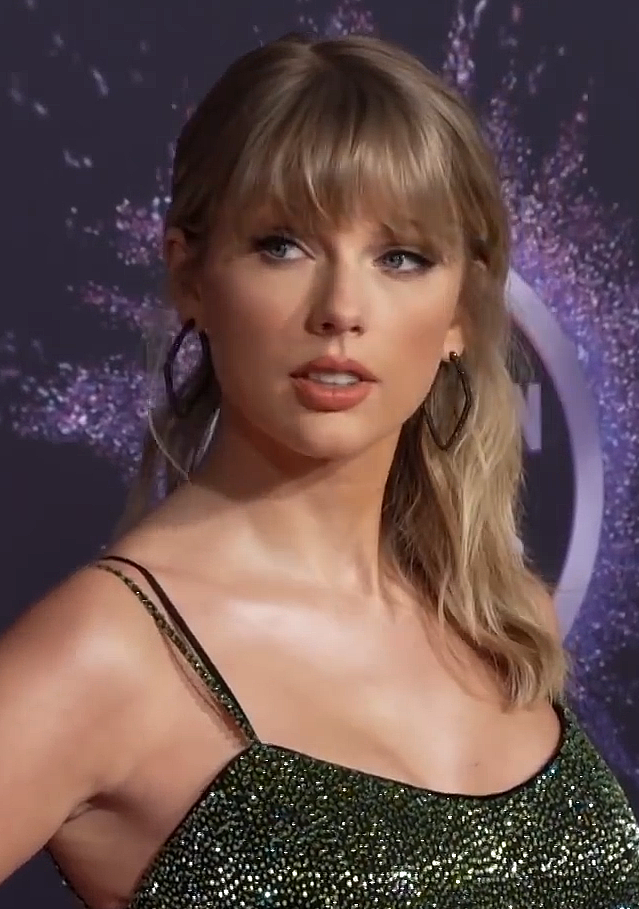
As the United States presidential election draws ever closer, the political landscape is buzzing with intense competition for public support. This scramble extends fiercely into the realm of celebrity influence, with both Donald Trump and Kamala Harris actively seeking high-profile endorsements to sway the voting demographic. The stakes are undeniably high, and the desire to secure as many famous supporters as possible from both Republican and Democratic nominees is clearly evident.
Yet, amidst this fervent quest for star power, a notable and intriguing counter-trend has emerged: a growing number of influential figures are consciously choosing to abstain from publicly endorsing any presidential candidate. This decision, seemingly against the traditional currents of celebrity political engagement, signals a deeper, more complex understanding of their role, influence, and the current state of national discourse. It prompts a crucial question: why are these prominent personalities, who often command vast public attention, opting to remain politically neutral in such a critical election cycle?
This article aims to unpack the multifaceted reasons behind this strategic withdrawal from political endorsements, moving beyond simple disinterest to explore a spectrum of motivations ranging from personal convictions and past regrets to broader societal observations about division and authenticity. We will delve into the specific statements and actions of various figures, analyzing the underlying principles guiding their choices and offering a comprehensive look at this evolving dynamic in American politics.
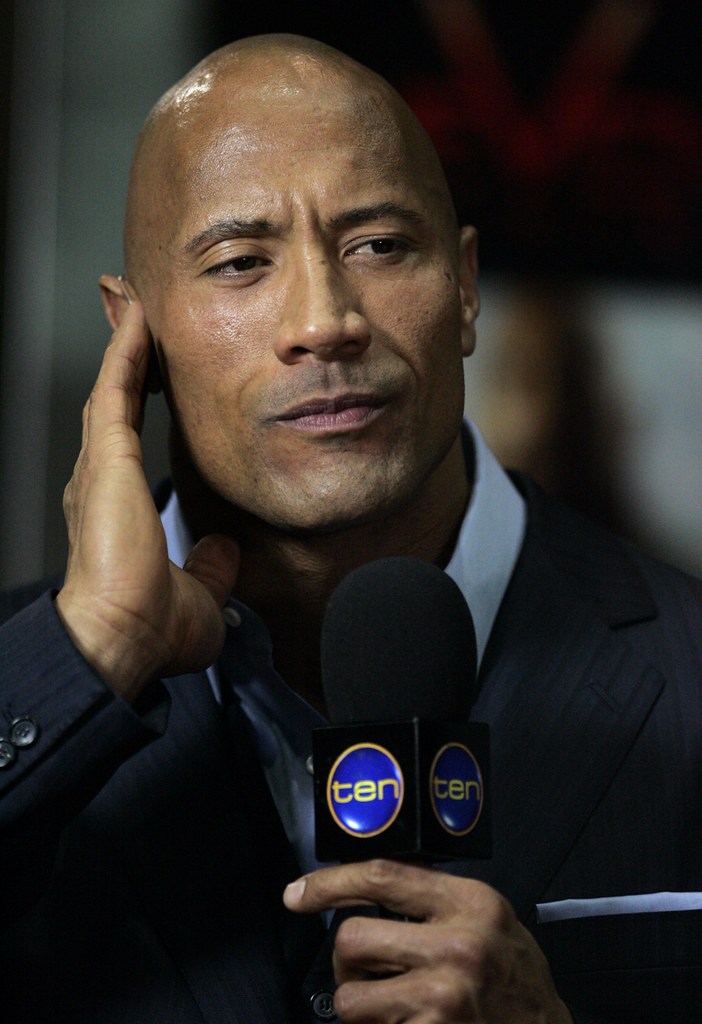
1. **The Perceived Divisiveness of Endorsements**One of the most compelling reasons for a celebrity to step back from political endorsements stems from the profound divisiveness such actions can engender. Dwayne ‘The Rock’ Johnson, a figure known for his widespread appeal, openly expressed regret over his 2020 endorsement of Joe Biden. He shared with Fox News his reflection that this decision ultimately caused significant national division.
Johnson articulated a heartfelt sentiment, stating, “The takeaway months after that was that it caused an incredible amount of division in our country.” This realization deeply impacted him, leading to an internal struggle he described as something that “tears me up in my guts, back then and now.” His experience underscores the heavy emotional toll and unintended consequences that can follow public political allegiances, even when made with the best intentions.
Consequently, Johnson has committed to a different approach for the current election cycle. He explicitly stated, “Am I going to do that again this year? The answer is no. I’m not gonna do that.” This shift highlights a conscious effort to avoid contributing further to national polarization, acknowledging the weight of his influence and the potential for his words to cleave rather than unite.
His current philosophy emphasizes trust in the democratic process and the American people, rather than personal intervention. “I do trust the American people, and I trust whoever they vote for that is my president and who I will support 100 percent,” he affirmed. This position reflects a desire to respect the collective will of the populace, regardless of the outcome, and to maintain a stance of unity once a decision has been made by the electorate.
Read more about: Dwayne ‘The Rock’ Johnson’s Presidential Path: Unpacking His Ambitions, Public Support, and Family-First Decisions
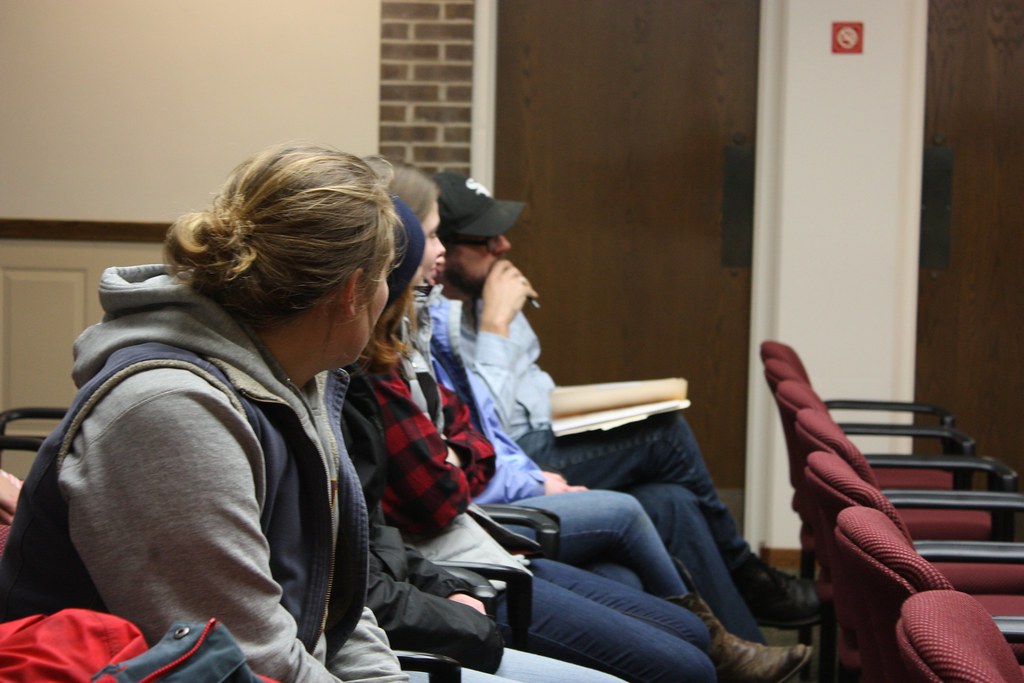
2. **Focus on Civic Engagement Over Endorsement**Another significant reason for abstaining from direct endorsements is the belief that a public platform is best used to promote general civic engagement rather than advocate for a specific candidate. Patrick Mahomes, the celebrated Kansas City Chiefs quarterback, exemplifies this approach, choosing to prioritize the foundational elements of democracy.
Mahomes unequivocally stated his intention to keep his platform separate from partisan politics. “I don’t want my place and my platform to be used to endorse a candidate or do whatever either way,” he told reporters. This position demonstrates a clear boundary, recognizing that his influence is better channeled towards universal democratic principles rather than specific political figures.
His primary focus, he explained, is on empowering individual voters. “I think my place is to inform people to get registered to vote — is to inform people to do their own research, and then make their best decision for them and their family.” This strategy empowers citizens to make informed choices based on their own convictions and circumstances, rather than relying on celebrity opinion.
By encouraging voter registration and independent research, Mahomes champions a more robust form of civic participation. He believes that fostering an environment where individuals are equipped with information and the means to participate is more impactful than simply telling them who to support. This method seeks to strengthen the democratic process from the ground up, rather than from the top down.
Read more about: Taylor Swift’s Political Evolution: Unpacking Her Journey From Apolitical Silence to Influential Endorsement
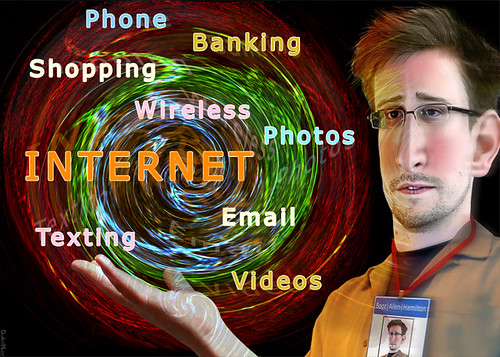
3. **Maintaining Personal Political Privacy**The desire to keep one’s political convictions private, viewing voting as a personal and confidential act, is a recurring theme among those who refuse to endorse. This perspective emphasizes that while public figures may hold strong beliefs, sharing them publicly in an endorsement capacity is not a necessary or beneficial extension of their influence.
Dwayne Johnson articulated this sentiment clearly when he stated, “At this level of influence, I will keep my politics to myself. It is between me and the ballot box.” This declaration highlights a personal boundary, suggesting that his role as a public figure does not necessitate revealing his private political choices. For him, the sanctity of the ballot box is paramount, and his vote remains a deeply personal matter.
Similarly, Patrick Mahomes’ statement about not wanting his platform “to be used to endorse a candidate or do whatever either way” also speaks to this desire for privacy. While encouraging others to vote, he reserves the right to keep his own vote private, recognizing that his celebrity status does not obligate him to disclose his personal electoral choices.
Even Mark Zuckerberg, the billionaire businessman behind Facebook, alluded to this shift when discussing his past political affiliations. He admitted he had “done some stuff personally in the past,” but explicitly stated he was “not planning on doing that this time, and that includes not endorsing either of the candidates.” This demonstrates a conscious retreat from public political alignment, suggesting a preference for personal, unpublicized political engagement.
Read more about: Navigating the Future of Road Funding: An In-Depth Look at the Controversial Per-Mile Charge Proposal
4. **Distrust of All Politicians and Systemic Issues**A significant undercurrent driving non-endorsement is a profound distrust in the political system itself, coupled with the belief that “problems on both sides” render single-candidate support problematic. Chappell Roan, a prominent artist, articulated this perspective, highlighting her extensive critiques of government.
In an interview with The Guardian, Roan explained her decision by stating she has “so many issues with our government in every way” and that there are numerous changes she would advocate for. This reflects a broader disillusionment that transcends party lines, indicating that no single candidate or party fully aligns with her vision for systemic improvement.
Roan emphasized the importance of individual critical thinking and local engagement over partisan loyalty. She encouraged people to “use your critical thinking skills, use your vote — vote small, vote for what’s going on in your city.” This advises a more nuanced and granular approach to political participation, rather than simply backing a national figure.
While receiving backlash for comments that some perceived as equating both major candidates, Roan clarified her stance. She affirmed, “No, I’m not voting for Trump and yes, I will always question those in power and those making decisions over other people.” This underscores her commitment to independent thought and a critical perspective on leadership, rather than settling for what she views as imperfect options. She later confirmed her intention to vote for Harris, while reiterating, “I’m not settling for what has been offered, because that’s questionable.”
Read more about: John Burton, California’s Liberal Warrior: An In-Depth Look at a Political Boss’s Enduring Legacy
5. **Preference for Humanitarian and Action-Oriented Work**Some celebrities opt out of political endorsements because they believe their efforts are more effectively channeled into humanitarian work, direct action, and community development rather than partisan politics. Pharrell Williams, for example, openly expresses his annoyance with celebrity political posturing and highlights his dedication to impactful, non-political initiatives.
Williams stated candidly to The Hollywood Reporter, “I don’t do politics. In fact, I get annoyed sometimes when I see celebrities trying to tell you [who to vote for].” He views such endorsements as self-righteous and attention-seeking, articulating a frustration with the performative aspect of celebrity political involvement. “When people get out there and get self-righteous and they roll up their sleeves and , and they are out there walking around with a placard: ‘Shut up!’” he remarked.
For Williams, true influence comes from tangible action that benefits people directly. He prefers to focus on his nonprofits, which are dedicated to supporting education and entrepreneurship. This hands-on approach reflects a belief that concrete humanitarian efforts yield more meaningful and lasting positive change than merely endorsing a political candidate.
His philosophy is rooted in action and a commitment to his community. “So, no, I would rather stay out of the way, and obviously, I’m going to vote how I’m going to vote. I care about my people and I care about the country, but I feel there’s a lot of work that needs to be done, and I’m really about the action,” Williams explained. This indicates a strategic choice to invest his energy where he feels it can make the most difference, outside the often-contentious realm of electoral politics.

6. **Withdrawal from Active Political Involvement**For some high-profile individuals, the decision to abstain from endorsements is not a sudden shift but a continuation of a long-standing policy to step away from active partisan politics. This is particularly true for former political figures who, after serving their time, choose to retire from the endorsement circuit.
Former President George W. Bush serves as a prime example of this stance. Despite his extensive history in the highest office, his office conveyed to NBC News that he has “no plans for endorsing anyone in 2024.” This illustrates a conscious disengagement from the current political fray, a decision made years ago.
His office further clarified this position by stating, “President Bush retired from presidential politics years ago.” This indicates a deliberate choice to remove himself from the role of a political kingmaker or commentator, choosing instead to maintain a more private profile in his post-presidency. His decision reflects a desire to allow new generations of leaders and voters to define the political landscape without his direct intervention.
This approach signals a respect for the democratic process, allowing citizens to choose their leaders independently, without the historical weight or influence of a past president. It also suggests a recognition that his time in the partisan spotlight is over, and his focus has shifted away from direct electoral advocacy.
Read more about: Joe Rogan’s Stark Warning to MAGA: Unpacking the Kimmel Controversy, Free Speech, and the Future of Political Discourse
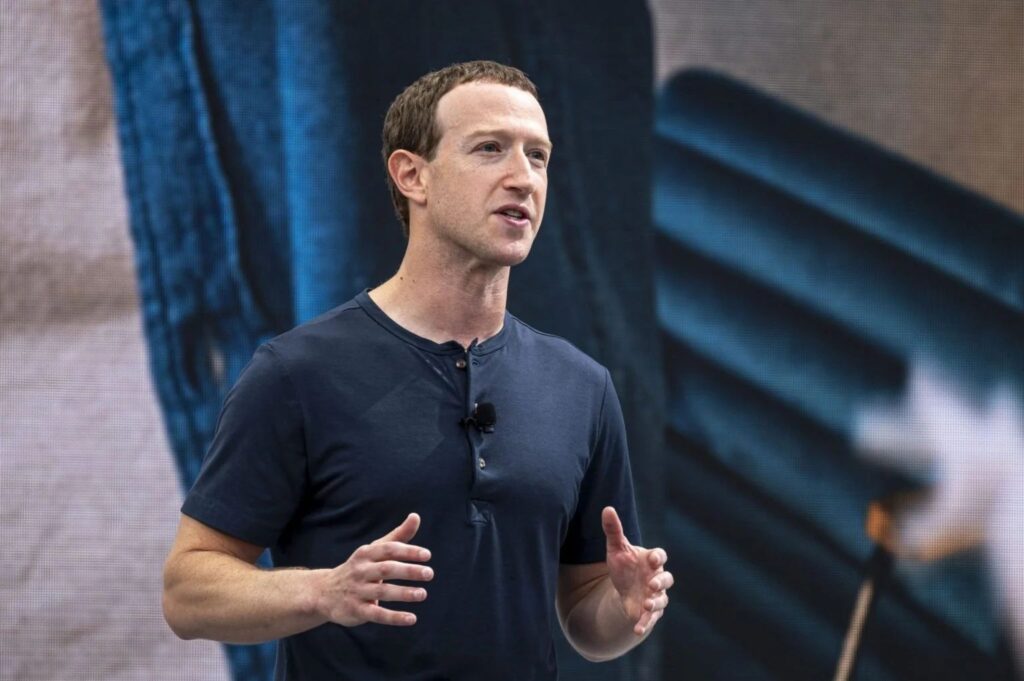
7. **Desire for Less Political Content on Platforms**In an age dominated by digital communication, the leaders of major social media platforms also play a unique role in shaping political discourse. Mark Zuckerberg, the founder of Facebook, has indicated a shift away from personal political endorsements and a broader strategy to limit political content on his platform, aligning with user preferences.
While Zuckerberg acknowledged his past political involvement, stating he had “done some stuff personally in the past,” he clearly articulated a change for the current election cycle: he is “not planning on doing that this time, and that includes not endorsing either of the candidates.” This personal decision aligns with a larger corporate strategy to reduce political content on Facebook.
He explained the reasoning behind this platform-wide adjustment, noting that the “main thing” he hears from users is that they “actually want to see less political content” because they primarily come to Facebook “to connect with people.” This user-centric approach suggests that an overabundance of political content, particularly endorsements, can detract from the platform’s core purpose.
Zuckerberg stated that Facebook plans to give users more control over what they see, and generally recommends less political content. “So, I think you’re going to see our services play less of a role in this election than they have in the past,” he shared. This strategic move by a tech giant reflects an understanding that many users seek an escape from political divisiveness, even influencing the platform’s approach to the election cycle itself. This creates an environment where even the architects of digital influence are stepping back from direct political intervention.
This section will delve into the remaining deeper, systemic, and academic reasons behind the shifting landscape of celebrity political endorsements, examining their perceived ineffectiveness, cultural implications, and the evolving nature of influence in the modern political arena.
Read more about: The ’90s Unleashed: 10 Era-Defining Trends That Secretly Forged Tomorrow’s Stars
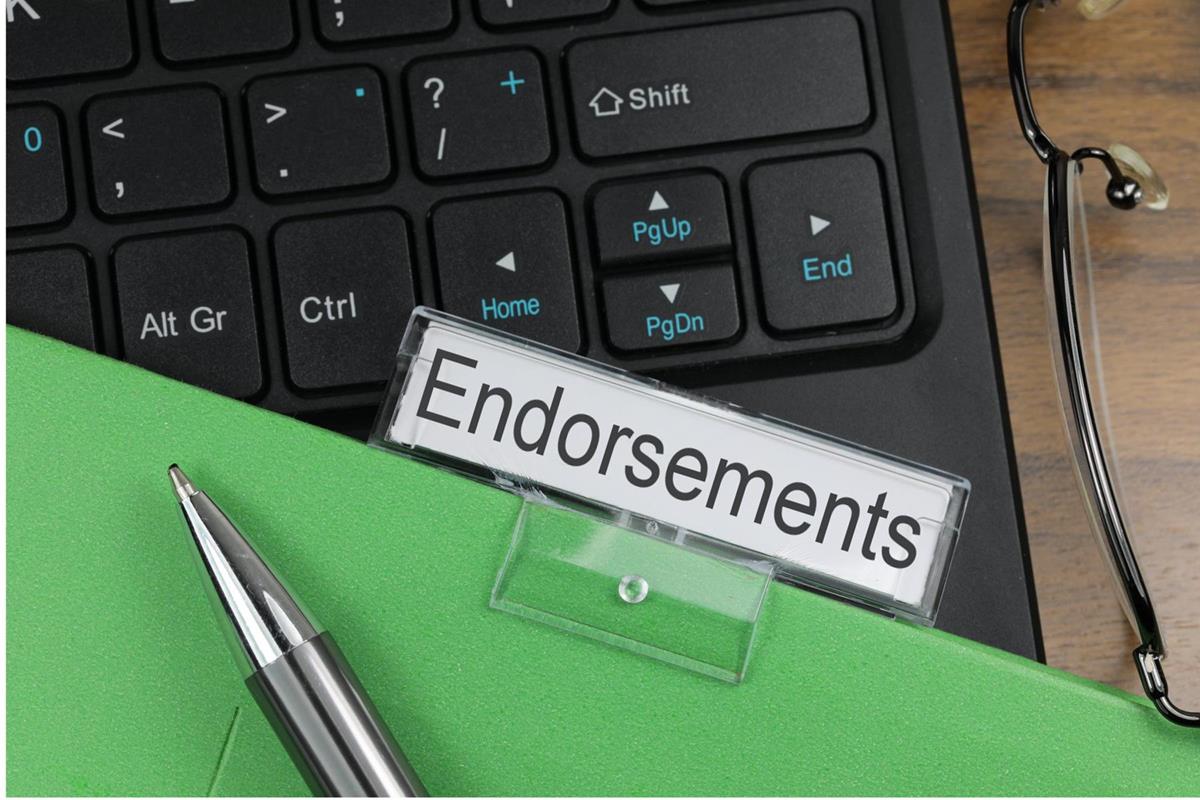
8. **The Perceived Ineffectiveness of Celebrity Endorsements**One of the most significant and increasingly recognized reasons for celebrities to refrain from political endorsements is the growing perception that such backing simply doesn’t work. Despite the fanfare and media attention, concrete evidence suggests that star power rarely translates directly into votes for a favored candidate. This observation marks a crucial shift in understanding the actual impact of celebrity involvement in elections.
Professor Margaretha Bentley from Arizona State University highlighted this point, explaining that while “celebrity endorsements can increase civic engagement and voter registrations,” they have “not proven to have a direct impact on how people make their voting decisions.” This research underscores a critical distinction: celebrities might mobilize voters, but they seldom sway their ultimate choices, suggesting a limit to their persuasive reach in the ballot box.
Numerous high-profile endorsements in the recent election cycle illustrated this perceived ineffectiveness. Even figures like Beyoncé, Taylor Swift, Katy Perry, and Lady Gaga, who command massive followings, did not appear to shift the needle for the candidates they supported. The combined efforts of these A-listers, from Hollywood and the music world, ultimately proved insufficient to secure the desired electoral outcome, prompting a reevaluation of their strategic value.
A YouGov poll conducted after Taylor Swift’s endorsement found that only eight percent of voters reported being “somewhat” or “much more” likely to back a candidate due to her support. Strikingly, 20 percent stated it made them *less* likely to support the candidate. This data provides a stark illustration of the potential for endorsements to backfire, reinforcing the idea that voters base their decisions on personal values, not necessarily those of a celebrity endorser.
Read more about: A Doctor’s Candid Guide: 9 Supplements You Can Honestly Rethink or Skip for Optimal Health
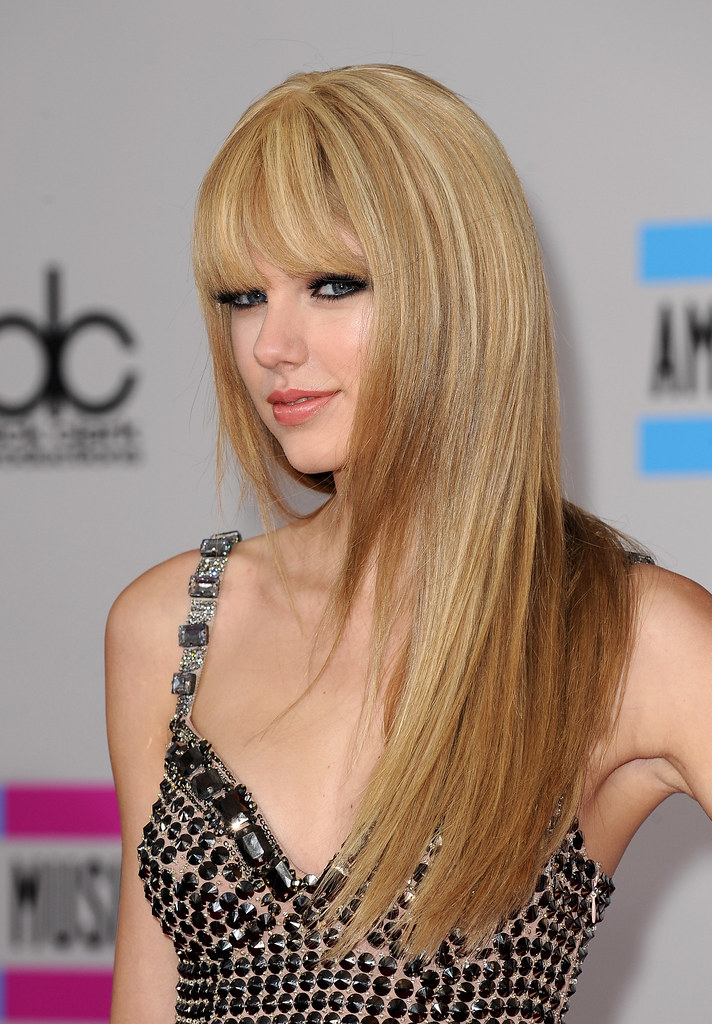
9. **The “Cool Factor” is an Illusion and Can Be Counterproductive**Beyond their outright ineffectiveness, traditional celebrity endorsements are increasingly viewed as possessing a “cool factor” that is largely an illusion, and one that can even be counterproductive to a campaign’s objectives. This suggests that the glitz and glamour associated with celebrity support may inadvertently create a distance between candidates and the everyday Americans they seek to represent.
A critical analysis published in Slate pointed out that the idea of a celebrity face equating trust in a brand—let alone a person—is largely a relic of the past. The prevailing sentiment indicates that the “cool factor” once bestowed by a celebrity endorsement now rings hollow, failing to resonate with a public that is increasingly discerning and skeptical of overt influence. The aspirational image often projected by celebrities can feel out of touch in the current economic climate.
This disconnect becomes particularly pronounced when considering the financial realities many Americans face. When a candidate appears alongside artists so famous that most fans can no longer afford to buy a ticket to see them perform, it can create an undesirable visual. Such lavish events can inadvertently broaden the perceived distance between the political candidate and the concerns of struggling citizens who are grappling with rents and mortgages.
The perceived downside of these events, from an external viewpoint, can be significant. Rather than generating enthusiasm, they risk alienating a broad swath of the electorate who may see them as an indulgent display, rather than a genuine effort to connect with their struggles. This stark contrast highlights how the traditional appeal of celebrity alliances can now work against a campaign, making it appear out of touch.
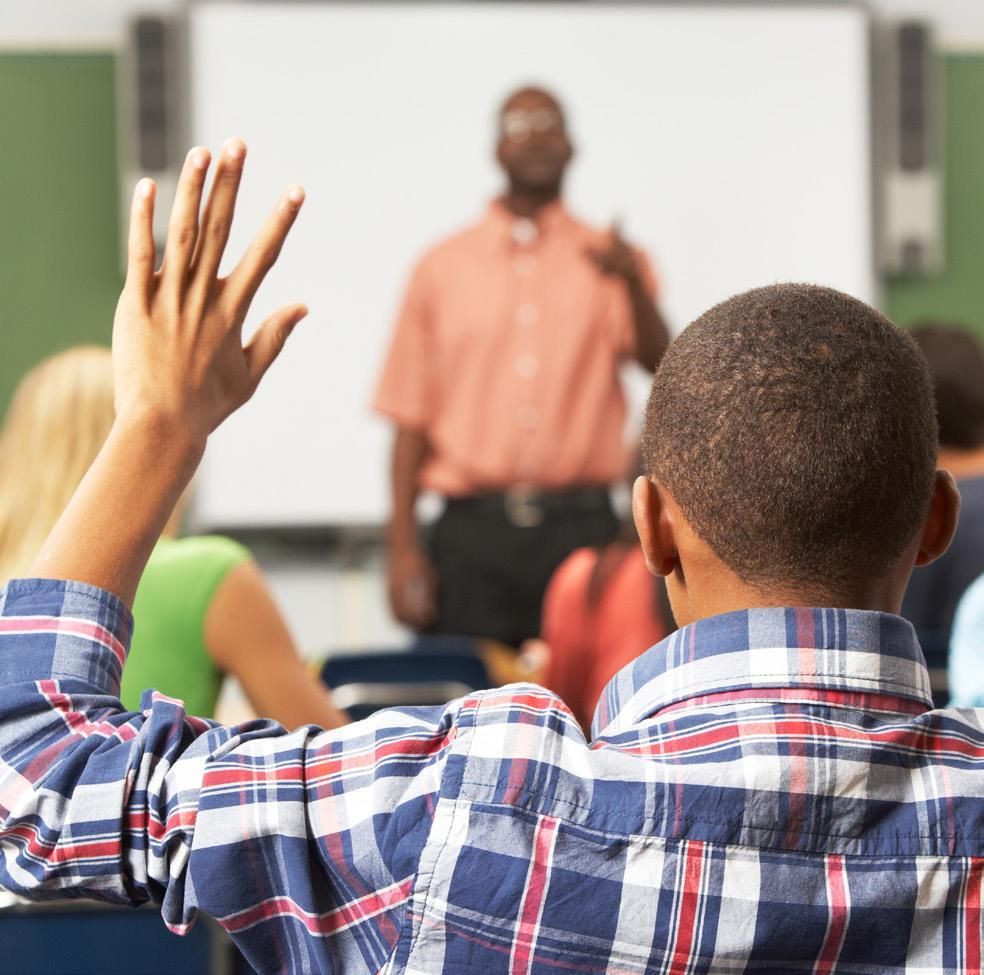
10. **Authenticity and Relatability Trump Traditional Star Power**In the modern media landscape, the efficacy of political influence has drastically shifted from traditional, top-down celebrity star power to an emphasis on authenticity and relatability. Voters are increasingly drawn to figures they perceive as genuine and engaged in “real things,” rather than grand, manufactured endorsements from distant icons. This redefinition of influence is a powerful reason for celebrities to reconsider their endorsement strategies.
Culture critics like Pablo The Don articulate this shift succinctly, stating, “I don’t see Beyoncé throwing out a music video telling us to go vote as authentic.” He notes a growing skepticism towards celebrities who maintain a carefully curated public image but then suddenly make a political plea. The argument is that if a celebrity doesn’t consistently engage with their audience on personal or topical issues, a sudden call to action feels disingenuous.
This perspective highlights why figures like Joe Rogan and Theo Von, despite their different fan bases, can wield significant influence. As Rad Simonpillai explained, “Joe Rogan’s going to have more influence because Joe Rogan is talking about real things with them all the time, whether you like it or not.” These personalities are seen as having ongoing, authentic conversations, which fosters a deeper, more credible connection with their audience than sporadic celebrity endorsements.
The modern voter, saturated with online content and increasingly adept at discerning manufactured narratives, values consistency and perceived transparency. A “random person who has consistent viral tweets on Twitter might have more power than Beyoncé in swinging elections at this point,” as Pablo suggested. This underscores that genuine, consistent engagement, even from less traditional sources, now often outweighs the sheer star power of global icons in influencing political decisions.
Read more about: Were the Editors Asleep? 12 Jaw-Dropping Film Fails That Sneaked Onto the Big Screen, From Ancient Rome to a Galaxy Far, Far Away!
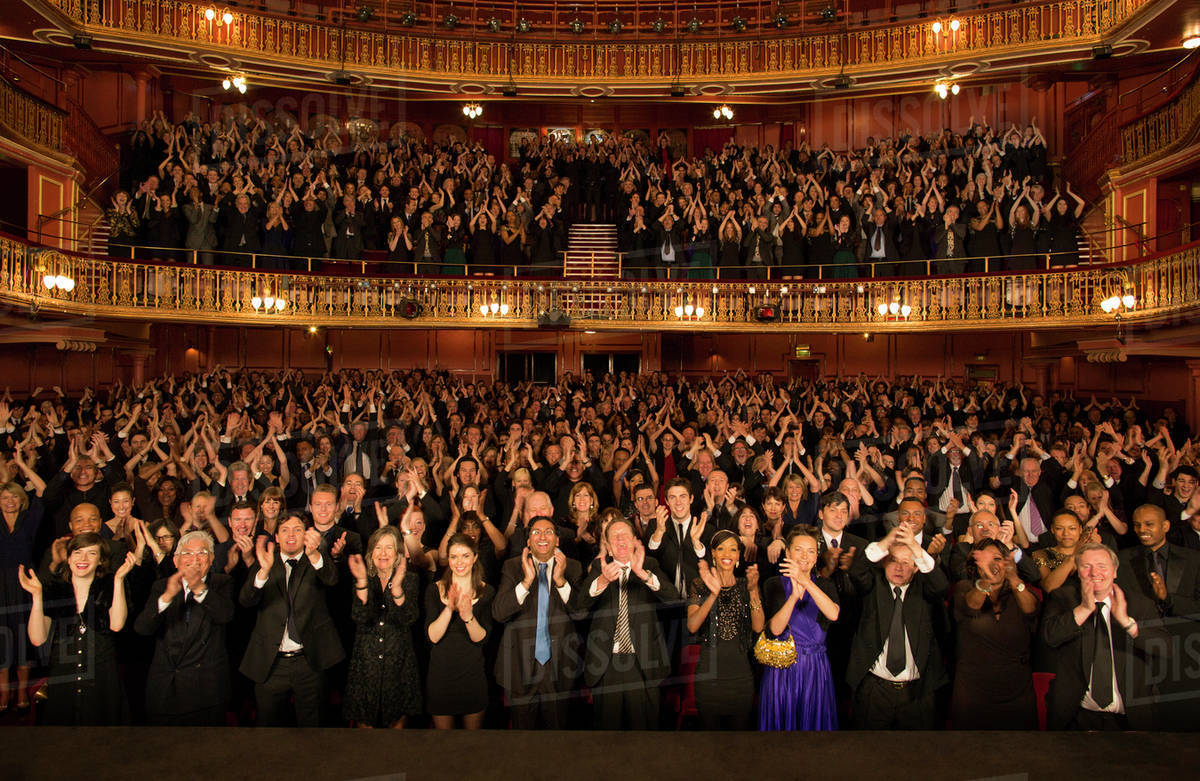
11. **Audience Predisposition and Polarization Limit Persuasion**Another critical factor contributing to the declining utility of celebrity endorsements is the inherent audience predisposition and political polarization that characterize contemporary society. In an increasingly segmented political landscape, the audiences of most celebrities are often already aligned with a particular political ideology, severely limiting the capacity of an endorsement to genuinely persuade undecided voters.
Seth Abramovitch of The Hollywood Reporter noted this phenomenon, observing that the audiences of many prominent celebrities, “apart from Swift, were already inclined to vote for Kamala.” This suggests that for a significant portion of the electorate, celebrity endorsements merely preach to the choir. They serve to reinforce existing beliefs among supporters rather than convert skeptics or sway those who are genuinely uncommitted.
The deepening political polarization in many countries means that individuals often consume media and information that confirms their existing biases. In such an environment, the political alignment of a celebrity is often already known or easily surmised by their fans. Consequently, a public endorsement simply reaffirms expectations for loyal followers, while having little to no impact on those outside their immediate, politically congruent fan base.
This dynamic means that endorsements are less about broadening appeal and more about energizing the base. While mobilizing existing supporters is valuable, it doesn’t address the challenge of reaching across the political divide to win over new voters. For celebrities, this realization can diminish the perceived strategic value of public endorsements, as their efforts are unlikely to yield significant shifts in voter preference.
Read more about: The Dark Psychology of Influence: Unmasking How Cult Leaders Employ Mind Control
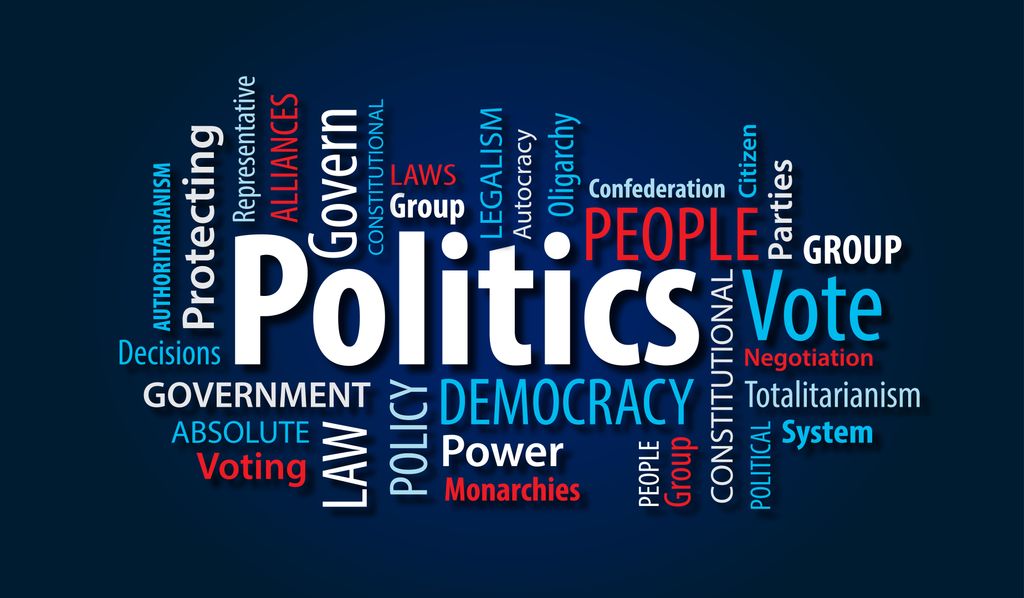
12. **The Shift from Top-Down Influence to Peer-to-Peer Engagement**The way individuals relate to famous personalities has fundamentally evolved, transitioning from a hierarchical model of top-down influence to a more lateral, peer-to-peer style of engagement. This shift significantly impacts the efficacy of celebrity endorsements, as voters increasingly prefer to form their political opinions based on personal ideas and genuine connections rather than dictated by distant public figures.
The concept of “parasocial relationships” describes how modern audiences interact with celebrities; their social feeds mingle with those of friends and family, blurring the lines of intimacy and influence. This creates a scenario where a celebrity feels more like an acquaintance than an authoritative voice, making their political pronouncements less impactful in a directive sense and more akin to the opinions of a peer.
The desire for personal autonomy in political decision-making is also a strong driving force. Many voters express a preference to “vote for someone because I like them and their ideas, not because my favorite artist does.” This sentiment reflects a broader societal trend where individuals seek to engage with politics on their own terms, informed by their values and research, rather than passively adopting a celebrity’s stance.
This evolving relationship means that while celebrities can still draw attention to issues or encourage civic participation, their ability to dictate specific electoral choices has waned. The public is more attuned to personal convictions and shared experiences, making the influence of a relatable peer, or even a nuanced understanding of a candidate’s policies, more potent than the endorsement of a far-removed star.

13. **The Risk of Backlash and Alienating Potential Voters**Public political endorsements by celebrities carry a substantial risk of backlash and, counterintuitively, can alienate potential voters. This negative consequence can manifest across various demographics, making the act of endorsement a perilous gamble that some prominent figures are now actively choosing to avoid. The potential for a negative reaction can far outweigh any perceived benefit.
As evidenced by the YouGov poll following Taylor Swift’s endorsement, a notable 20 percent of voters indicated that her backing made them *less* likely to support the candidate. This finding is a powerful deterrent for any public figure considering an endorsement, as it clearly demonstrates the potential to not only fail to persuade but actively push voters away. The act can be perceived as an overreach or an unwelcome intrusion into personal political space.
This backlash can stem from various sources: voters who dislike the celebrity themselves, those who fundamentally disagree with the political stance, or even those who simply resent celebrities using their platform for partisan purposes. The perception that a celebrity is lecturing or attempting to dictate voting choices can trigger resentment, particularly in a politically polarized climate where strong opinions already abound.
For celebrities, safeguarding their broad appeal is often paramount to their careers. Engaging in partisan politics risks alienating significant portions of their fanbase, who may hold differing views. The decision to abstain from endorsements, therefore, becomes a strategic move to maintain neutrality and avoid unnecessary controversy, protecting both their public image and their ability to connect with diverse audiences without political baggage.
Read more about: Behind the Campaign: 12 Political Figure Gaffes from the Election Trail That Were Silenced by Staffers

14. **The “Celebrity of the Candidate” Matters More Than Celebrity Endorsers**Perhaps the most revealing insight into the landscape of political influence is the growing understanding that the “celebrity of the candidate” itself often holds more sway than the endorsement of external celebrities. When the candidate is already a recognized public figure, possessing their own brand of star power, the dynamics of political appeal shift dramatically, rendering external endorsements largely secondary.
New York University professor Laurence Maslon observed that “the only time a celebrity endorsement makes any difference is when the candidate themselves is a celebrity.” He cited historical examples such as 1940s film star George Murphy, who became a California senator, and later, Ronald Reagan and Arnold Schwarzenegger, both of whom leveraged their celebrity status to become governors of the Golden State. Their public recognition was intrinsic to their political ascent.
Donald Trump provides a contemporary illustration of this phenomenon. Bypassing state-level politics entirely, he parlayed his established media persona and celebrity status directly into a successful presidential campaign. His inherent public recognition and brand appeal as a reality television star and businessman acted as a powerful, self-contained endorsement, making external celebrity support less crucial, if not entirely superfluous.
This highlights a fundamental distinction: voters are more receptive when the charisma and public familiarity come directly from the candidate. It’s about genuine connection and the perceived persona of the individual seeking office, rather than borrowed fame. For this reason, many prominent figures recognize that their endorsement might only cast a shadow over a campaign, rather than illuminating its path to victory, if the candidate themselves lacks that authentic, intrinsic celebrity appeal.
In an election cycle marked by intense political fervor, the decision of prominent figures to abstain from endorsing presidential candidates reflects a profound re-evaluation of influence in the digital age. The traditional power of celebrity endorsements has waned, giving way to a more nuanced understanding of voter psychology, the pursuit of authenticity, and the pervasive impact of political polarization. As society continues to grapple with complex issues, the message is clear: genuine connection and the candidate’s own appeal will increasingly outweigh the glitzy, but often hollow, backing of even the biggest stars. The future of political persuasion lies not in star power from afar, but in authentic engagement and direct communication with the electorate, fostering belief in ideas, not just individuals.

